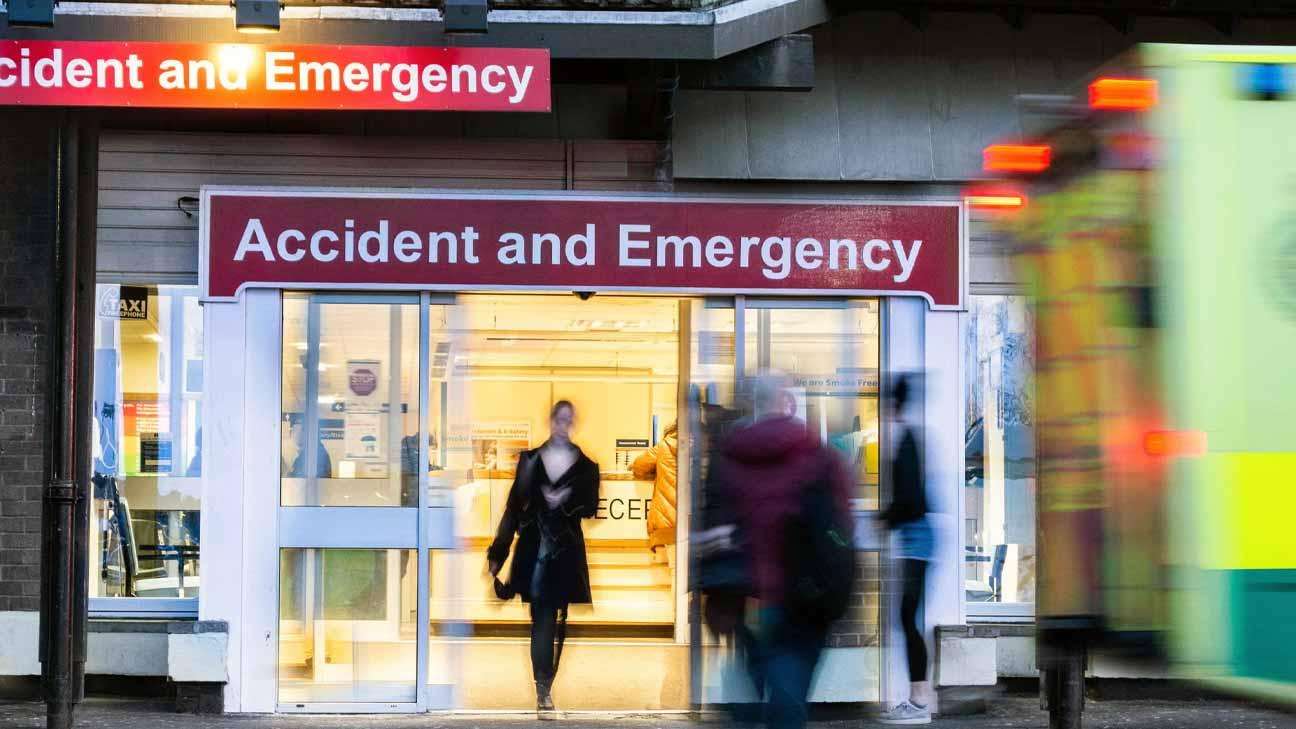More than £1 trillion in lifetime earnings is projected to be lost in the UK due to the ongoing mental health crisis among young people, according to new research.
Released alongside the launch of the Future Minds mental health campaign, the study highlights the financial impact of neglecting children’s mental health.
The campaign, led by four charities—Centre for Mental Health, Centre for Young Lives, Children and Young People’s Mental Health Coalition, and YoungMinds—urges the government to acknowledge the crisis and reject the notion that it is exaggerated or a result of “over-medicalisation.”
In England, over 500 children are referred to mental health services daily for anxiety, and emergency mental health referrals for children have risen by 10% in a year. One in five young people experiences common mental health issues like anxiety or depression, affecting school attendance, career prospects, and lifetime earnings. Studies show that those with childhood mental health struggles earn less than their peers, while the number of 16- to 34-year-olds out of work due to mental illness nearly doubled between 2012 and 2023.
The financial burden extends beyond lost earnings. Government spending on incapacity and disability benefits is expected to increase by £21 billion annually by 2028-29, driven by mental health-related claims from young adults. Delays in treatment also impose significant costs, with school absenteeism alone costing £1.17 billion in the 2023-24 academic year. Meanwhile, the deterioration of young people’s mental health while waiting for care adds nearly £295 million annually in additional NHS and public service expenses.
The report warns that a lack of system capacity forces many young people into crisis, overwhelming emergency services, stretching bed availability, and leading to long waiting times. It calls for an independent review of the causes of the crisis, a national mental health workforce plan, and increased investment to ensure that 70% of diagnosable cases receive care by the end of this parliamentary term.
Anne Longfield, former children’s commissioner for England and executive chair of the Centre for Young Lives, emphasized that the upcoming 10-year NHS plan and the next government spending review must include “bold and ambitious” reforms to mental health services.
Dr. Mike McKean, vice-president of policy at the Royal College of Paediatrics and Child Health, stressed the need for long-term investment, warning that failure to act will have devastating consequences for both individuals and the nation’s future.
An NHS spokesperson acknowledged the increasing demand for child mental health services and highlighted efforts to expand support, including mental health teams in schools. The government, in turn, reaffirmed its commitment to addressing the crisis, citing a £26 million investment in new mental health crisis centers and plans to recruit 8,500 additional mental health workers.








.svg)


_3.jpg)
_3.jpg)